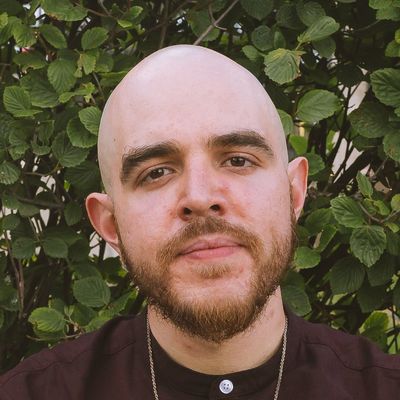Migration is derived from the word “migrate,” which is a verb defined by Merriam-Webster as “to move from one country, place, or locality to another.” Plot twist: migration never ends. My parents moved from Jalisco, México to Chicago in 1987. They were dislocated from México by capitalism, and they arrived in Chicago just in time to be dislocated by capitalism. Question: is migration possible if there is no “other” land to arrive in. My work: to imagine. My family started migrating in 1987 and they never stopped. I was born mid-migration. I’ve made my home in that motion. Let me try again: I tried to become American, but America is toxic. I tried to become Mexican, but México is toxic. My work: to do more than reproduce the toxic stories I inherited and learned. In other words: just because it is art doesn’t mean it is inherently nonviolent. My work: to write poems that make my people feel safe, seen, or otherwise loved. My work: to make my enemies feel afraid, angry, or otherwise ignored. My people: my people. My enemies: capitalism. Susan Sontag: “victims are interested in the representation of their own sufferings.” Remix: survivors are interested in the representation of their own survival. My work: survival. Question: Why poems? Answer:
Published:
2019
Length:
Regular
Literary Movements:
Contemporary
Anthology Years:
2023
Themes:
Agency
Ars Poetica
Identity
Immigration
Poems of Place
Poetic Form
Literary Devices:
Anaphora
a figure of speech in which words repeat at the beginning of successive clauses, phrases, or sentences
Epigraph
a short quotation or saying at the beginning of a book or chapter, intended to suggest its theme
Rhetorical Question
a question asked for effect, not necessarily to be answered

